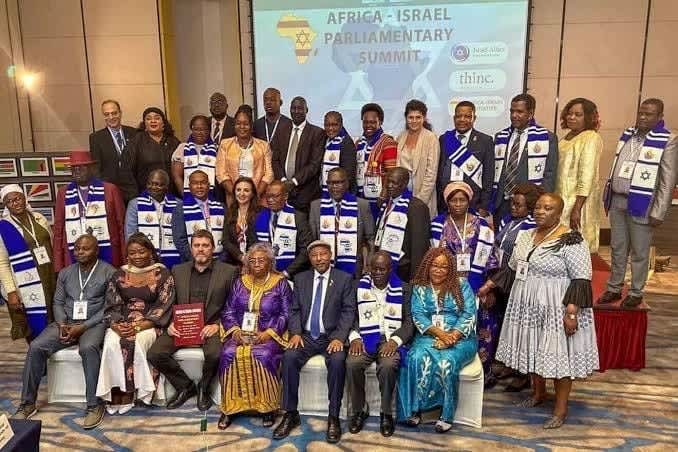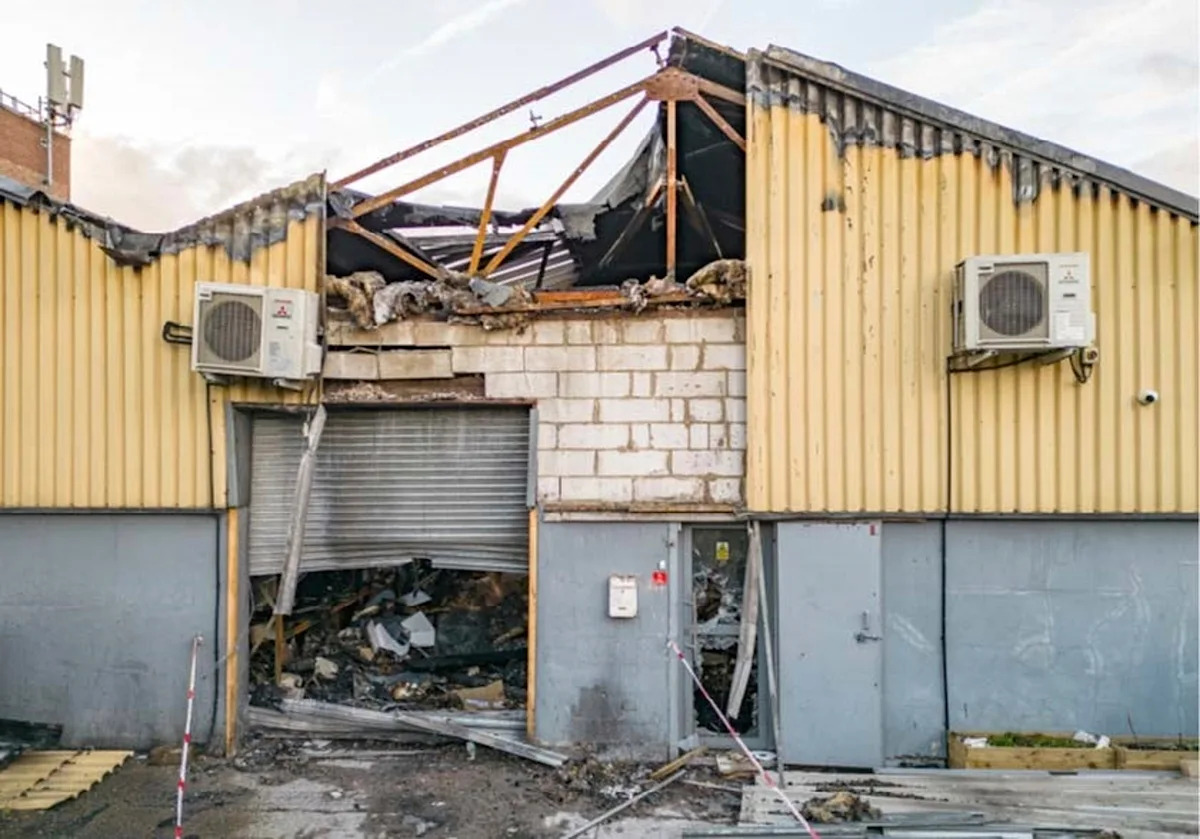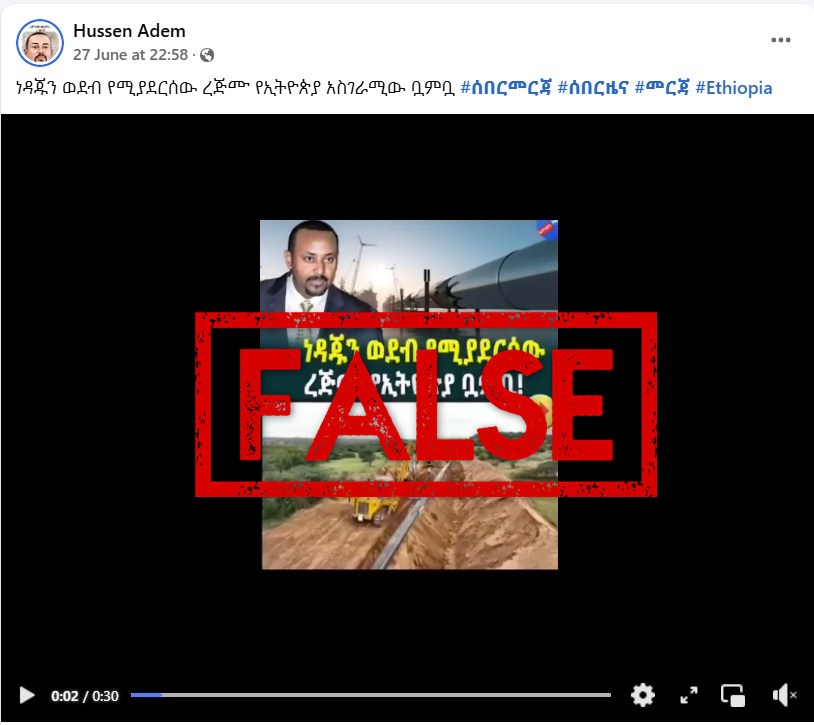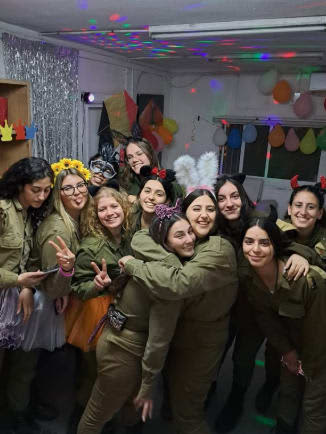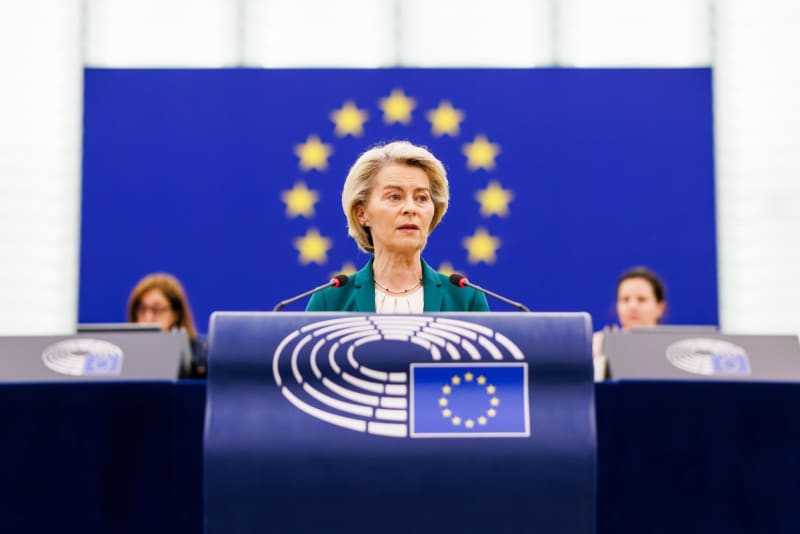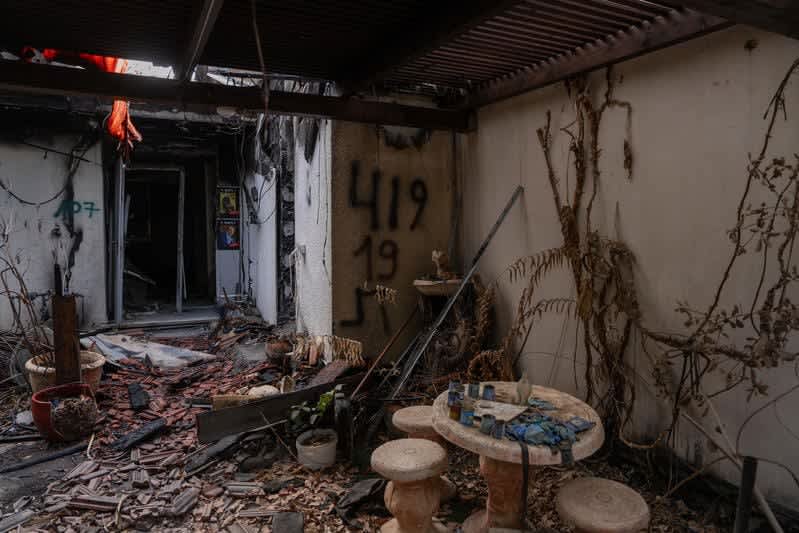The report concludes that "Hamas used sexual violence as a tactical weapon of war," a finding that carries potentially far-reaching consequences in the international realm.
Disclaimer: This article discusses sensitive topics including terrorism, violence, sexual violence, and trauma.
A new report on the systematic use of sexual violence by Hamas terrorists against Israelis in the Gaza border communities on October 7, 2023, offers new frameworks to approach the legal monstrosity that is proving, and eventually indicting, crimes such as these.
The Dinah Project, which authored the report, is made up of five women, legal and gender experts in their own right, who came together after October 7 to form "the leading resource for recognition and justice for victims of Conflict-Related Sexual Violence (CRSV)." The report concludes that "Hamas used sexual violence as a tactical weapon of war," a finding that carries potentially far-reaching consequences in the international realm. CRSV has been documented in other conflict zones, like Nigeria and Iraq.
"Once thought of as merely an inevitable part of war, international law now recognizes that CRSV is an intentional, strategic tool employed to dehumanize its direct victims and thus spread fear and degrade the group, collective, or nation. By attacking sexuality, one of the primary sources of life and a symbol of humanity’s existential continuity, CRSV sends a message of death and destruction to all," reads the report.
A quest for justiceThe report, titled "A Quest for Justice: October 7 and Beyond," was authored by the Dinah Project's founding members: Prof. Ruth Halperin-Kaddari, Col. (res.) Sharon Zagagi-Pinhas, and retired judge Nava Ben-Or.
The Dinah Project was the catalyst for the arrival of a team of UN experts to Israel, led by Secretary General and Special Representative on Sexual Violence in Conflict Pramila Patten, to investigate these crimes. The team, led by Halperin-Kaddari, analyzed and verified what they could on conflict-related sexual violence from October 7, including incidents of rape, gang rape, torture, and humiliation. Other team members include Eetta Prince-Gibson and Nurit Jacobs-Yinon, the visual editor for the report.
The report documents the widespread and systematic use of sexual violence during the October 7 attacks - across six different locations at least: the site of the Nova music festival, Route 232, the Nahal Oz military base, Kibbutz Re'im, Kibbutz Nir Oz, and Kibbutz Kfar Aza. The attacks were "all aimed at a total dehumanization of Israelis and Israeli society," it reads.
Difficulty in gathering evidence; traditional evidentiary approaches won't workThe problem is not knowing that the attacks occurred but rather gathering the evidence. "Most victims were murdered; survivors and released captives may be too traumatized to come forward and testify against their abusers, and forensic evidence required for criminal convictions is difficult to obtain in crime scenes that remain war zones."
The Dinah Project suggests two essential frameworks: evidentiary and legal. The evidentiary framework "organizes and categorizes all available information based on its reliability and source," including testimonies, accounts from survivors and first responders, and any visual evidence that can be gathered. The legal framework "offers a tailor-made evidence model" for conflict-related sexual violence.
Traditional evidentiary approaches will not work with CRSV, the report proposes; there are conflict settings that render traditional evidence unstable and unreliable. It suggests expanding the legitimacy of evidential sources - to eyewitness and earwitness accounts and circumstantial evidence.
CRSV also targets communities in a unique way - not just individuals, but their wider circles. As such, the broader context of the attack should serve as evidence in itself.
And, what establishes CRSV is the pattern recognition, the report proposes, that "recurring patterns across multiple incidents... establish systematic nature and intentionality."
To build a strong body of evidence, the report suggests recognizing CRSV as a distinct category with its own, specialized evidentiary paradigms; broadening that model from being victim-centered so that the "systematic silencing of victims" could be accounted for; and diversifying what is considered admissible evidence.
It also proposes applying joint criminal responsibility to all the perpetrators - as opposed to demanding a direct link in specific acts, taking into account community harm, and applying a higher-than-normal standard of credibility. Though they are less conventional, all these suggestions account for CRSV's tragically unique circumstances.
International frameworks exist (in the form of United Nations Security Council resolutions and others) that acknowledge the communal aspect of CRSV, but there is no formal legal definition "of [the] tactical weaponization of sexual violence" to date, though it does recognize that these crimes are committed in a larger assault whose goal is to instill "fear and terror."
The report's findings provide the basis of evidence of sexual violencePatten and her team's visit to Israel, between January 29 and February 14 of 2023, led to the mission's report on March 4, 2024, "the first on the sexual violence of October 7 by a formal UN entity." It found that there were "reasonable grounds" to believe that SRSV occurred, but that it "could not ascertain whether... [it] was used as a tactic of war... in a... systematic manner."
However, its findings provided the basis, including at the site of the Nova music festival, and also against hostages while they were in captivity.
The Secretary-General's Annual Report on Sexual Violence in Conflict was then published in April 2024. It expanded on the previous one in three important ways: Narrowing down the locations to six, clearly attributing the acts to Hamas, and establishing them as part of a pattern. What this report left out, however, was the captivity aspect.
The International Criminal Court arrest warrants came next, where, in its warrant for Mohammed Diab Ibrahim al-Masri (Mohammed Deif), commander of Hamas's military wing, it attributes "reasonable grounds" for "rape and other forms of sexual violence as crimes against humanity and war crimes."
"The significance of this report extends far beyond its legal import, with implications for survivors and the families of victims, societies, and the international human rights community. Justice for these crimes is not merely about punishing perpetrators. It is about recognizing the profound harm inflicted upon individuals and communities, establishing historical truth, and preventing future atrocities by ensuring that such acts never again go unpunished," reads the report.
More weight should be given to personal accountsThis reality demands that more weight be given to personal accounts: first-hand survivors; first-hand eyewitnesses and earwitnesses; first responders; workers from the Shura military base, which served as the morgue; healthcare workers and therapists; and other open sources, like media.
Many returned hostages gave interviews and testimonies when they returned, providing this basis. Collectively, attempted rape and sexual assault occurred at the Nova music festival site. Forced sexual acts, sexual abuse, forced nudity, verbal and physical harassment, verbal and sexual harassment, threats of rape, stripping of sexual and gender identity, threats of forced marriage and sexual humiliation in captivity, were reported by hostages. The testimonies of 15 hostages were compiled for the report.
Most of the first-hand victims were murdered, while those who survived were too traumatized to recount the experience. Two male returned hostages "reported particular means of sexual humiliation," including forced nudity.
The report's goal is to "acknowledge the sexual violence that occurred on October 7 as crimes against humanity, to hold the perpetrators accountable, and to ensure that the tactical use of sexual violence by Hamas as a weapon of war receives the international condemnation and response it demands."
Acknowledging the destruction that Israel wreaked on the Gaza Strip as a result, it nonetheless "is concerned with an unequivocal message that stands independently and must stand independently: sexual violence during wartime cannot be acceptable, justifiable, or contingent upon context."
Several UN reports predated this one, along with those from non-official international entities, but they all faced comprehension challenges within their own frameworks, reads the report. This report offers a unique blend of detailed, full accounts of everything that publicly exists relating to the attacks, as well as analyses based on its evidentiary model, catered to CRSV.
To read the full report, click here.


